Renal Disease: Causes, Symptoms, and What You Can Do
When your renal disease, a condition where the kidneys lose their ability to filter waste and fluid from the blood. Also known as kidney disease, it doesn’t always cause pain—but it can quietly damage your heart, bones, and overall health. Most people don’t realize their kidneys are failing until it’s too late. That’s because early signs—like tiredness, swelling in the ankles, or changes in urination—are easy to ignore. But if you have high blood pressure, diabetes, or a family history of kidney problems, you’re at higher risk.
Renal disease doesn’t happen in a vacuum. It’s closely tied to high blood pressure, a condition that strains the tiny blood vessels in the kidneys over time. When those vessels get damaged, the kidneys can’t clean your blood properly. That’s why managing blood pressure is one of the most effective ways to slow kidney damage. It’s also linked to diabetes, where excess sugar in the blood overworks and scars the kidney’s filtering units. In fact, about 1 in 3 adults with diabetes will develop kidney disease. And if it gets bad enough, you might need dialysis, a treatment that mechanically filters your blood when your kidneys can’t—a life-changing, time-consuming process no one plans for.
What you eat matters. Too much salt, processed foods, or protein can push your kidneys harder. On the flip side, staying hydrated, controlling sugar, and avoiding long-term NSAID use (like ibuprofen) can help protect them. Many people with early renal disease don’t know they have it—until a simple blood test shows elevated creatinine or low eGFR. That’s why regular checkups are critical, especially if you’re over 50 or have other chronic conditions.
You’ll find real stories here—not theory. People who reversed early kidney damage through diet. Others who learned how to manage dialysis while working. And those who discovered how medications for heart or diabetes can accidentally hurt the kidneys if not monitored. This isn’t about scare tactics. It’s about clarity. You don’t need to be a doctor to understand what’s happening in your body. These posts give you the facts, the trade-offs, and the practical steps that actually work.
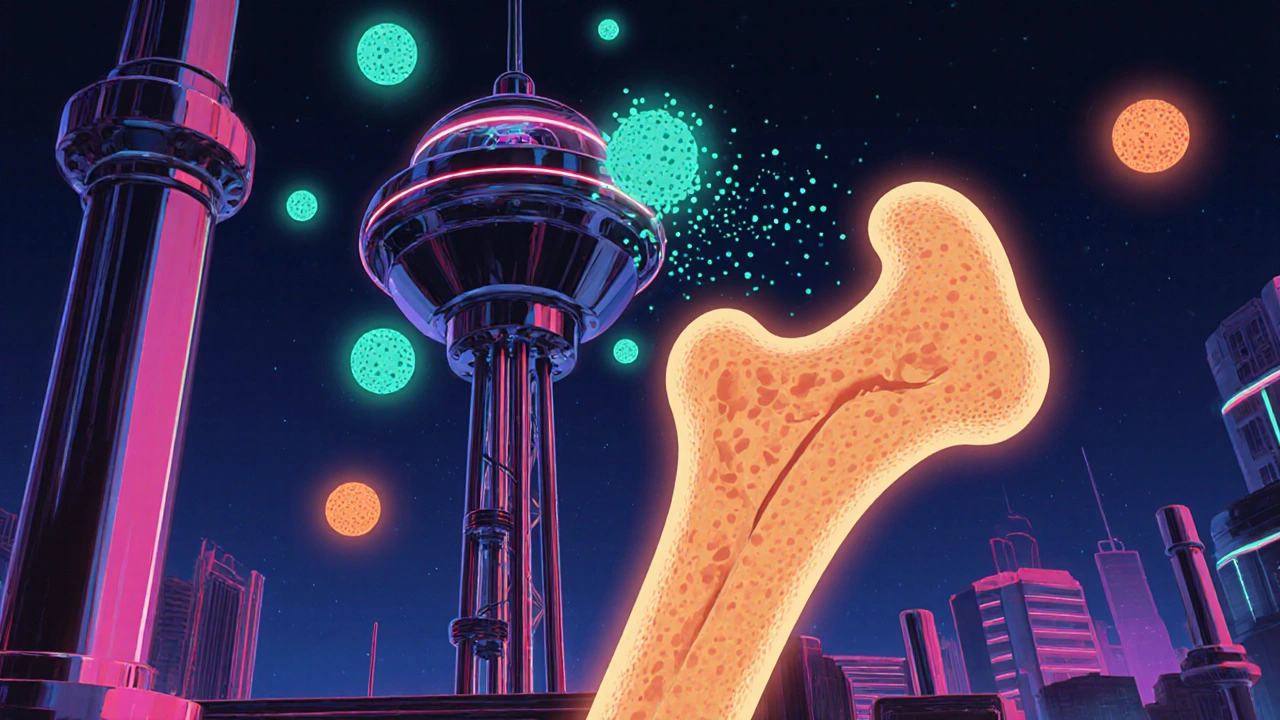 18 October 2025
18 October 2025
How Calcium & Phosphorus Drive Osteodystrophy Development
Explore how calcium and phosphorus imbalances cause osteodystrophy, learn key lab markers, and discover diet, medication, and dialysis strategies to protect bone health.
Latest Posts
-
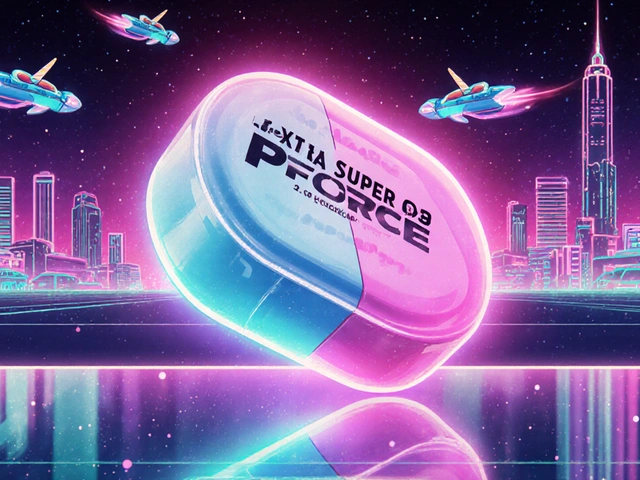
Extra Super P-Force vs. Other ED & PE Medications: Detailed Comparison and Alternatives
-

Explore 5 Alternatives to Cialis for Effective ED Management
-
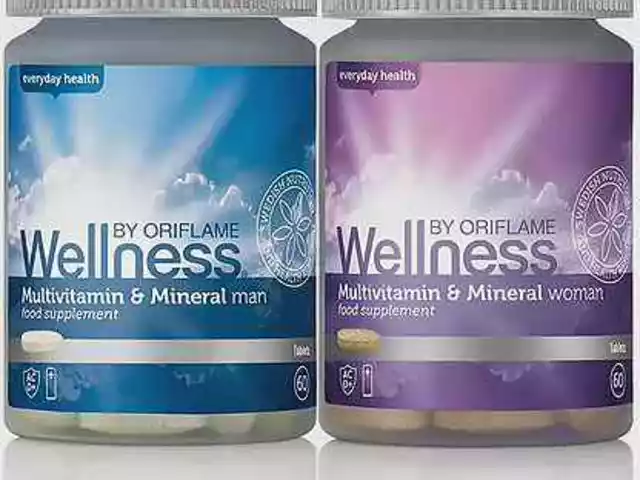
10 Reasons Why Equol is the Must-Have Dietary Supplement for Optimal Wellness
-
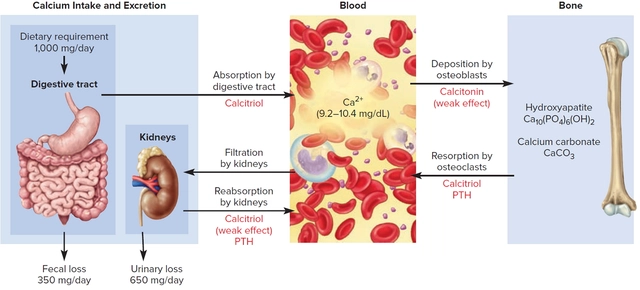
Lansoprazole and its impact on vitamin and mineral absorption
-
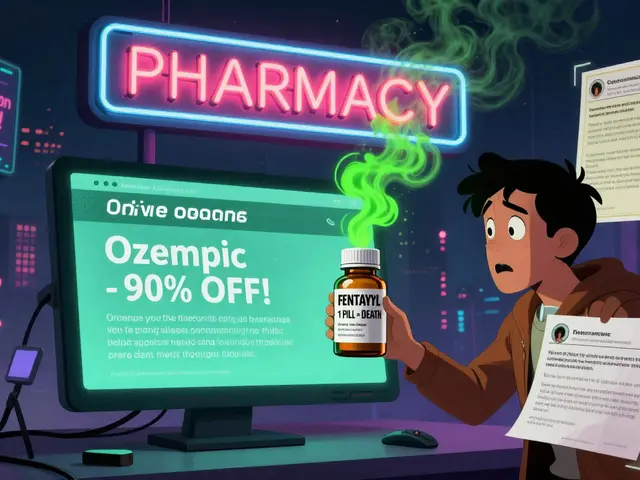
Online Pharmacy Counterfeits: The Hidden Dangers of Buying Medicines Online

12